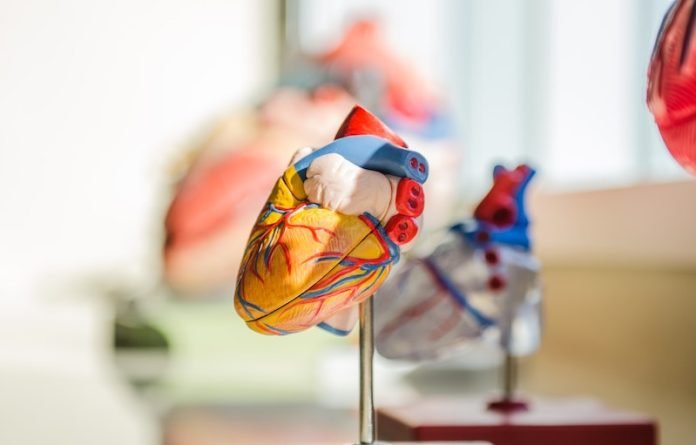
In a study from the Children’s Hospital of Philadelphia and elsewhere, scientists found the neurotransmitter serotonin can adversely affect the heart’s mitral valve, contributing to a heart disease known as degenerative mitral regurgitation.
Degenerative mitral regurgitation is one of the most common cardiac valve diseases.
Although patients initially are asymptomatic, over time the mitral valve becomes thickened and deformed, and patients gradually feel tired and short of breath.
As pumping becomes less efficient due to this leak, the heart needs to work harder. This extra work for the heart eventually causes congestive heart failure.
In the study, the team analyzed data from more than 9,000 patients who had undergone surgery for degenerative mitral valve disease and evaluated 100 human mitral valve biopsies, in addition to studying mouse models.
They found that taking selective serotonin reuptake inhibitors (SSRIs)—the most commonly-prescribed antidepressants—was linked to severe mitral regurgitation, which required surgery at a younger age than those not taking SSRIs.
In animal models, the team found that normal mice treated with high doses of SSRIs developed thickened mitral valves.
They also found that mice lacking the serotonin transporter (SERT) gene, the target of SSRIs,—which transports serotonin into cells, where it cannot bind to receptors and send signals—developed thicker mitral valves.
Through genetic analysis, the researchers identified genetic variants in a region of the SERT gene (5HTTLPR) that affect how active SERT is.
Patients with two copies of a “long” variation of the gene that makes SERT less active—one copy from the mother, and one from the father—had much lower SERT activity and required surgery more often.
Patients with this “long-long” variant were more likely to react to serotonin in a way that could change the shape of the mitral valve.
Additionally, “long-long” mitral valve cells were more sensitive to SSRI treatment than cells from other variants.
The researchers noted that they did not find a negative effect with normal doses of SSRIs and that a healthy mitral valve may tolerate low SERT without deforming, as it is unlikely that low SERT can cause degeneration of the mitral valve by itself.
They suspect that once the mitral valve has started to degenerate, it may be more susceptible to serotonin and low SERT.
If you care about heart health, please read about studies about how COVID-19 damages the heart, and scientists find new way to heal heart muscle.
For more information about health, please see recent studies that olive oil may help you live longer, and vitamin D could help lower the risk of autoimmune diseases.
The study was conducted by Robert J. Levy et al and published in Science Translational Medicine.
Copyright © 2023 Knowridge Science Report. All rights reserved.



